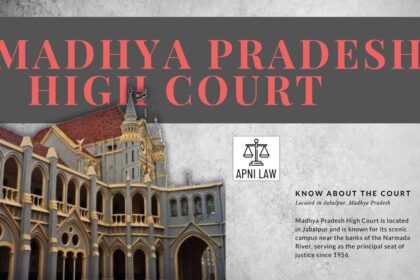Introduction: Vulgar Chatting As Mental Cruelty
The Madhya Pradesh High Court, Indore Bench, upheld a Family Court verdict granting divorce on grounds of mental cruelty. The court ruled that a wife’s vulgar chatting with other men, despite her husband’s objections, is a valid ground for divorce under Section 13 of the Hindu Marriage Act, 1955.
Case Background
The couple married in 2018. Soon after, the wife allegedly started misbehaving with her mother-in-law and moved to her father’s house, refusing to return. The husband discovered that she was chatting with two former lovers. He found the conversations vulgar and inappropriate.
He also alleged that she discussed their physical relationship over WhatsApp. When he objected, she threatened to implicate him in a false case. A written compromise was reached, where she promised not to repeat such actions. Her father, a senior lawyer, admitted to the police that her actions had brought shame to the family.
The husband filed for divorce under Section 13 of the Hindu Marriage Act, citing mental cruelty.
Petitioner’s Stance
The wife denied the allegations, claiming the husband hacked her mobile and fabricated evidence. She accused him of domestic violence, dowry demands of ₹25 lakh, and harassment. She argued that her right to privacy had been violated.
Court’s Ruling
The Family Court examined the evidence and granted the divorce. The High Court noted that her father’s written admission was not denied in court. The court also found the chats indecent and concluded that no husband would tolerate such behavior.
It further observed that the wife never filed any domestic violence complaint or FIR against the husband, strengthening his claims.
Final Verdict
The High Court ruled that vulgar chatting with other men after marriage, despite the husband’s objections, constitutes mental cruelty. It upheld the Family Court’s decision and dismissed the wife’s appeal.








